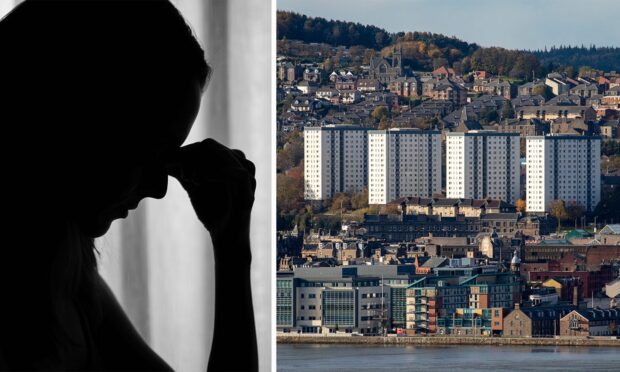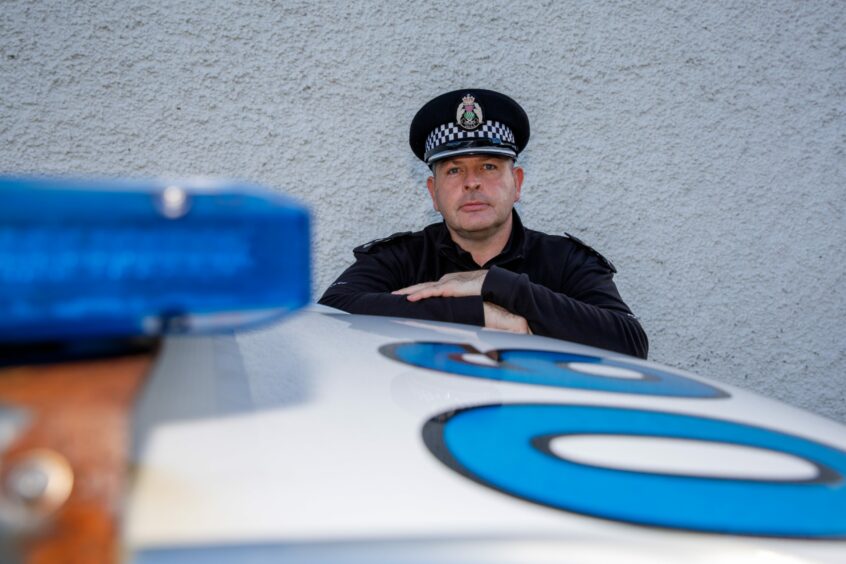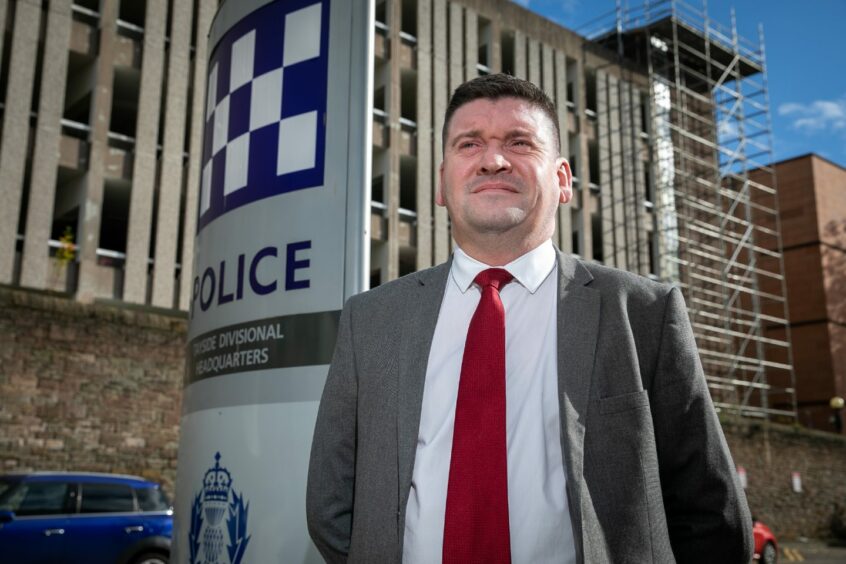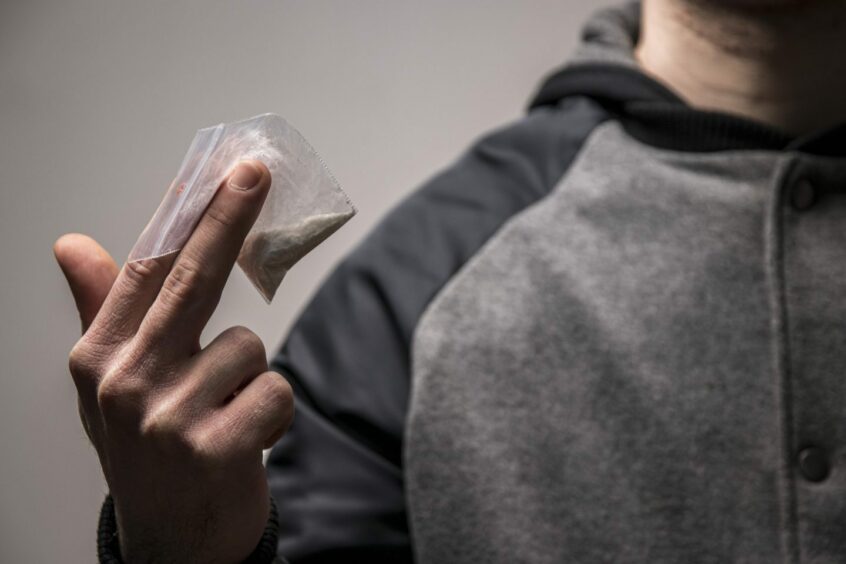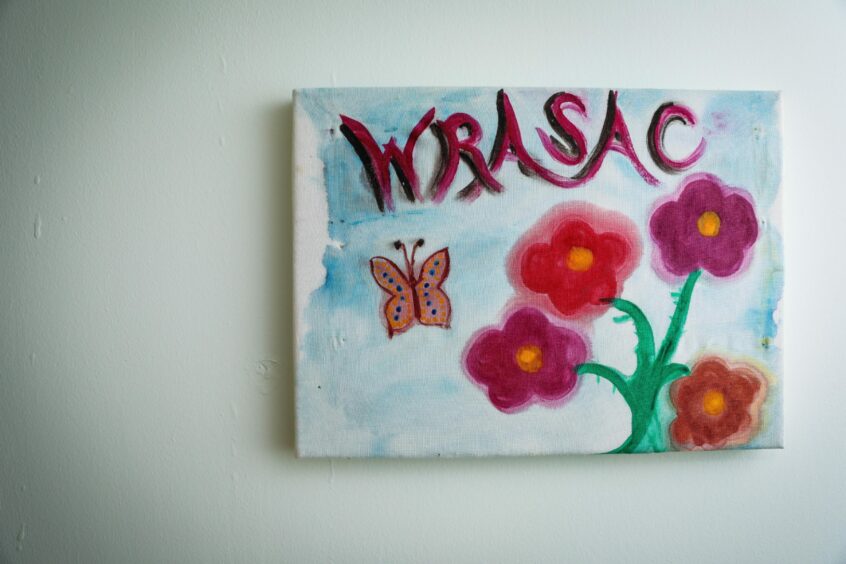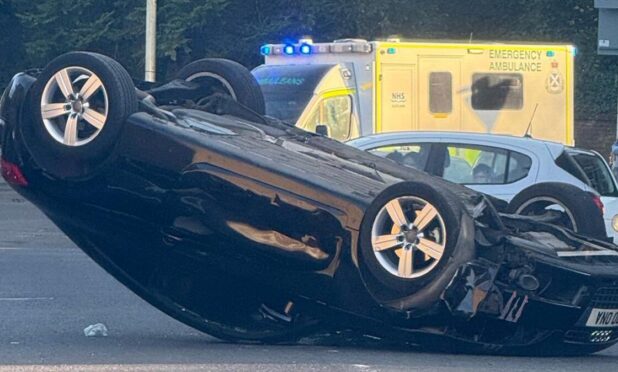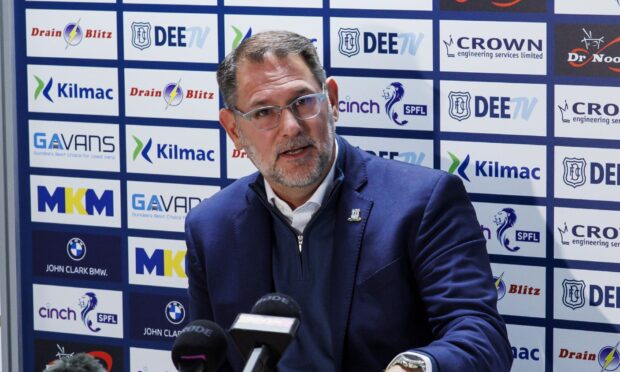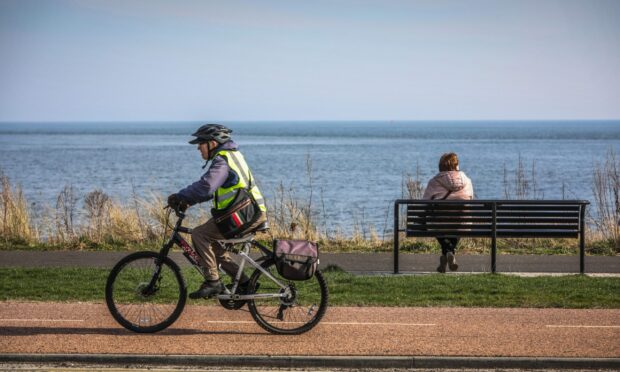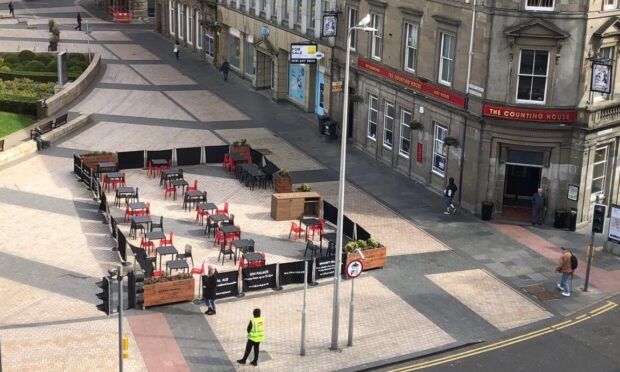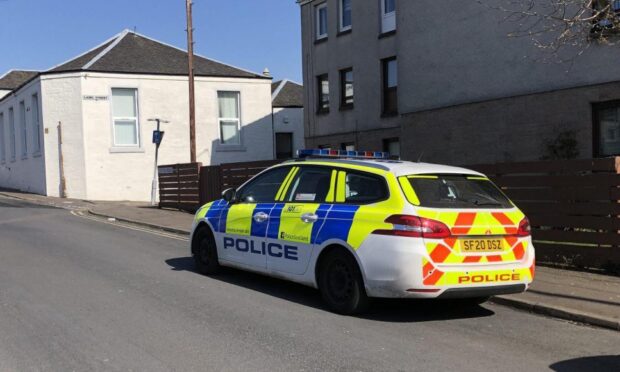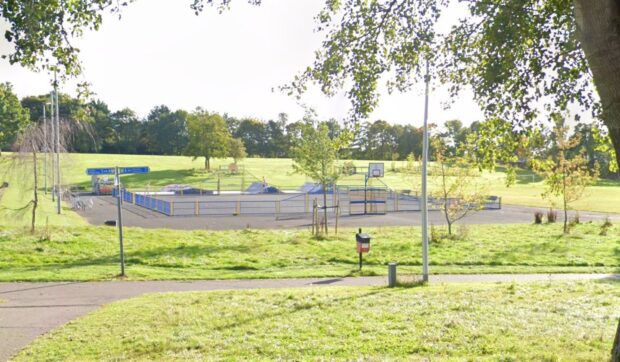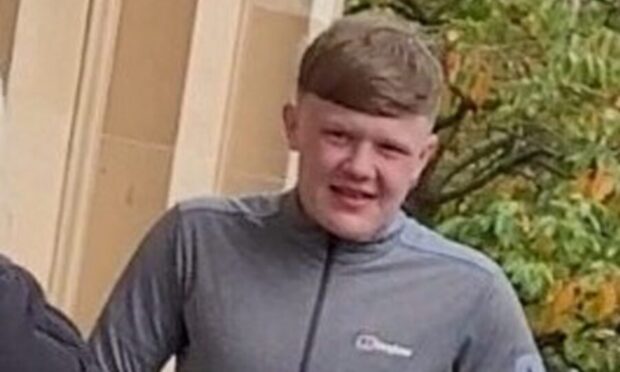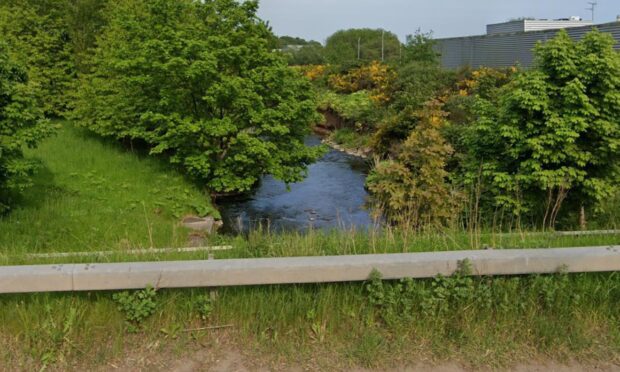Hooked on drugs; brainwashed and forced into sexual slavery and exploitation.
Police in Dundee say this is the reality facing some who are falling under the power of men determined to exploit them.
The warning from senior officers that human exploitation is taking place “every day” in the city comes after a recent operation resulted in two men being charged with alleged offences.
But Superintendent Graham Binnie and Detective Inspector Scott Carswell, the officer who led the most recent probe, both think it could just be the tip of the iceberg.
What is modern slavery?
The Modern Slavery Act 2015 covers crimes that revolve around human trafficking.
The phrase is most commonly associated with forced labour, debt bondage and child sexual exploitation among people brought to the UK from abroad, often against their will.
However, Supt Binnie stresses this is just one element of a complex set of crimes, and that lots of victims actually hail from closer to home.
Sexual slavery ‘happens every day in Scotland’
He said: “There is still trafficking of people into the UK, and that remains a threat to all communities, but probably more prevalent is trafficking of people internally.
“This kind of thing happens every day in Scotland.”
The senior police officer says public awareness is key to making Dundee and Tayside hostile to these crimes.
“The majority of people will be safe from this, but there will undoubtedly be people who see and hear things they don’t identify as potential risks for victims,” he added.
In Dundee, officers say one of the motives of those exploiting women is to get them hooked on drugs which they provide in return for sex.
They also target people who are already vulnerable, such as those who are homeless or who have been abused in the past.
Supt Binnie says that while trafficking can be for the economic benefit of crime groups, it can equally be used for personal sexual gratification.
Speaking about the most recent investigation, he said: “That involved the internal trafficking of these women, the coercion of them to become involved in the use and potential supply of drugs and, concerningly, sexual exploitation.”
‘Many don’t realise they are victims’
It is believed the hidden nature means many victims are going unidentified, including those subjected to serious sexual offences.
DI Carswell of Dundee CID explains that Police Scotland and partner agencies often have to work closely with victims for months on end.
He said: “It’s very complex and difficult to deal with. Victim engagement can be difficult, and some don’t realise they are a victim [because of] lies fed to them by the crime group.”
The detective says in his experience victims will often see themselves as being in a relationship with those exploiting them because they don’t know about others being abused or the extent of any trafficking.
He added: “Our job is compiling all the information and we are able to build a picture and understand how people are being trafficked.
“Victims might not recognise it individually, where it’s clear to me that they are no more important to the group than the others involved.”
Gathering evidence and prosecuting perpetrators remains the ultimate goal, but identifying victims and supporting their welfare is a key priority for local officers.
DI Carswell and his team often spend months building up relationships with victims, gathering intelligence and supporting them to feel able to leave the crime group.
“Hopefully if we can divert them away, it’s achieves the goal of disrupting the crime group”, he added.
Evidence ‘doesn’t outweigh welfare of victims’
“My inquiry team has embraced it really well. I had one of my detectives at a victim’s door recently with a food parcel. It’s a different approach, but it’s very important to me.
“The evidence bit is important, but it doesn’t outweigh the welfare of the victims.”
His team work with victim navigators, specialist workers who are embedded with officers to advocate for victims and provide support.
They have detailed knowledge of human trafficking and its impact on victims and are able to provide police with advice on strategy.
“Sometimes the only way to find out if you have a victim is to knock their door, and initially we sometimes don’t get that engagement and we get denial.
“It’s very important we get that engagement bit right, so even if we are getting denial we are still offering support.
“If they decide they don’t want to speak to the police they can still go and link in with other services.”
Supt Binnie says these partnerships with victim navigators, rape and sexual assault centres and local authorities are key.
He said: “Our job is evidence gatherers, we’ve got better at recognising trauma, but there are agencies out there who have more experience than us around supporting victims.
“That’s why were work really closely with them.”
Support
Confidential advice and support is available through the modern slavery helpline by calling 08000 121 700.
Unseen provides advice on how local people in Tayside and Fife can spot the signs of modern slavery.
